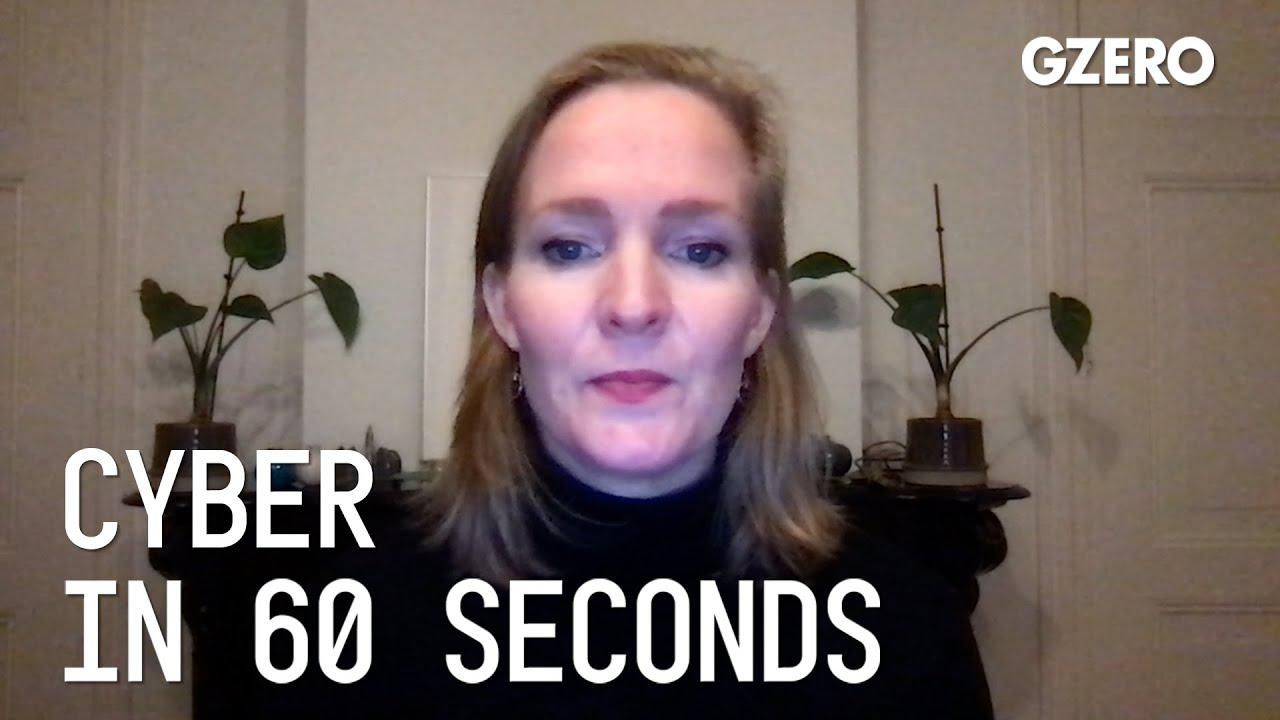
Marietje Schaake, International Policy Director at Stanford's Cyber Policy Center, Eurasia Group senior advisor and former MEP, discusses trends in big tech, privacy protection and cyberspace:
What is the goal of the Summit for Democracy?
President Biden ran his campaign for the soul of the nation and wanted to show the world at the same time that America is back. So the idea of having better cooperation between democracies is one with growing support, especially given the rise of authoritarianism, but also attacks on civil society and the use of technologies for repression and harm to democracy directly.
What were the outcomes of the summit?
Those have, unfortunately, not quite materialized yet. It started with a lot of fuss around which countries should be included. Singapore and Hungary were not invited, while Iraq, Brazil, and Pakistan were welcomed. So, where the Democratic line was drawn was not very clear. Now, having countries aspire to be included, I think is good, but then what remains the true Democratic basis of such a large tent is a big question. And the closer the day of the summit came, the more it was considered the kickoff of a year of action. So not much action to start with. The Alliance for the Future of the Internet was pushed further into that year, at the last moment, after criticism of experts and civil society groups. I was quite surprised that there were only a couple hundred people watching the livestream of President Biden's address in which he did announce a fund for public interest media. And so in one year I think a stock-taking of all actions should be held and only then can we assess whether the summit really made a difference, both at home in the United States and globally.